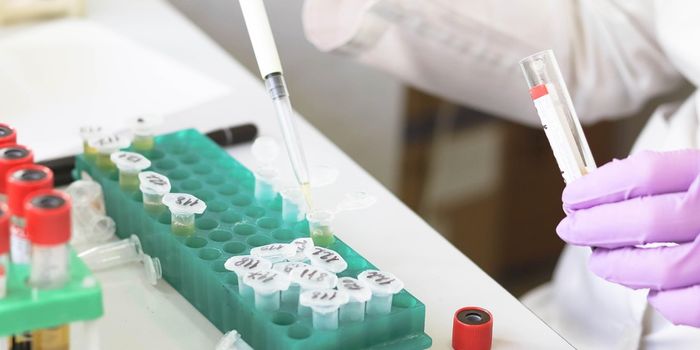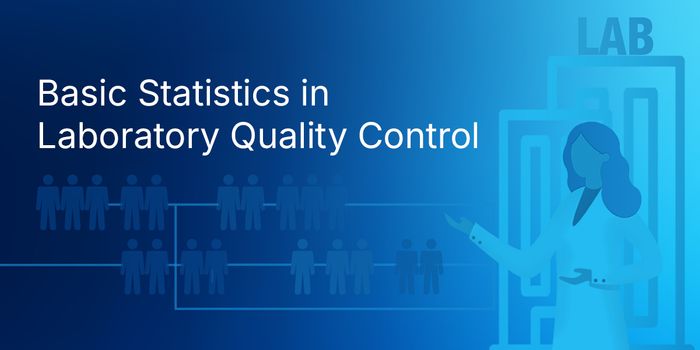Is Diabetes Reversal Within Reach?
While treatments for diabetes management have gotten better over the year, wouldn’t it be best if we could reverse the disease altogether? The first promise of such a drug was announced recently, with a compound that seemingly normalized insulin signaling in mice.
Currently, type 2 diabetes affects more than 29 million Americans alone. And this number is predicted to increase globally. For patients with diabetes, managing their blood sugar levels requires constant care and vigilance. For the healthcare system, diabetes represents a significant financial burden. The American Diabetes Association estimates that for every $3 Medicare dollars, $1 is spent caring for people with diabetes. The burden of diabetes and pre-diabetes treatment cost America $322 billion every year.
So, it’s not just a matter of making diabetes more manageable. The most cost-efficient solution is to either prevent or reverse diabetes.
Towards that end, researchers at the UC San Diego School of Medicine focused on a drug that could restore the body’s insulin sensitivity. The pill they came up with inhibits an enzyme known as low molecular weight protein tyrosine phosphatase (LMPTP). “We found that LMPTP is a critical promoter of insulin resistance that develops during obesity,” said Stephanie Stanford, the study’s lead author.
Stopping the enzyme in the liver seemed to stop animals from developing diabetes even when exposed to a high-fat diet. “Our inhibitor increased activation of the insulin receptor in the liver, and reversed diabetes without any apparent negative side effects,” says Stanford. The liver is the organ that mainly absorbs excess sugar from the blood in the presence of insulin.
“This could lead to a new therapeutic strategy for treating type 2 diabetes,” said Stanford. If this new drug works in humans, it could be used to reverse insulin resistance, and reduce the number of people dependent on insulin shots. Thus, the next hurdle for this proof-of-concept study is a clinical trial to observe the drug’s effects in patients.
“Our compound is very specific for the target, and we do not see any side effects after treatment in mice for a month, but the next step is to rigorously establish if it’s safe for use in clinical trials,” said Stanford.
Additional source: New Scientist









